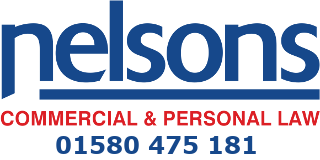Stage 3: Checking the paperwork
Posted by Justin on Mar 7, 2009 in Blogs, business, buying, buying-pubs, English Pub, law, legal, legal-procedure, pub-buying, pub-sale, pub-sales, pubs, selling, solicitor | 0 commentsThis is where the Buyer’s solicitor can get his (or her) teeth into things: going through the lease (if the pub is leasehold) and the other title documents, checking for defects or problems, raising enquiries about any problems as well as a wide range of other enquiries about the property and the business, and reporting to the Buyer on what is found.
It is important that the Buyer and the Buyer’s solicitor work together as a team: the solicitor will probably not have seen the pub, but will be relying on papers received from the Seller’s solicitor, and search results – see stage 4 – in the main. The information gained in that way needs to be relayed to the Buyer in as easily-digestible form as possible, for the Buyer to be able to point out any discrepancies between what is in the paperwork and what is “on the ground” (so that these can be satisfactorily resolved) and so that the Buyer can be sure he or she is buying what they expect to buy – EG: that the drinks tie is what they expected, not a full tie when they expected a beer-only tie
Sometimes it is difficult to condense the information in the paperwork: summarising a 50-page lease in less than half-a-dozen pages is not straight forward! Also, the solicitor should be dealing with several aspects at almost the same time, so it is not unusual for two or more letters reporting on different aspects to go to the Buyer on the same day, or several letters on successive days, especially when search results start coming in.
Just as the solicitor needs to keep on top of this growing pile of paperwork, so does the Buyer. The solicitor will need instrutions on various aspects, so that the contract can be amended to suit the Buyer. This means the Buyer needs to read and consider the letters, make decisions, and communicate those decisions to the solicitor, so that they can be implemented
This is also the best time to get the building surveyed – this applies to leasehold pubs (especially if the lease is a full repairing one) as well as to freehold ones. Again, the point of the exercise is to find out as much as possible before exchanging contracts, so that there are no nasty and expensive surprises later. It makes sense to give the solicitor a copy of the survey report, as there may well be legal issues to address as a result of what the surveyor has seen



